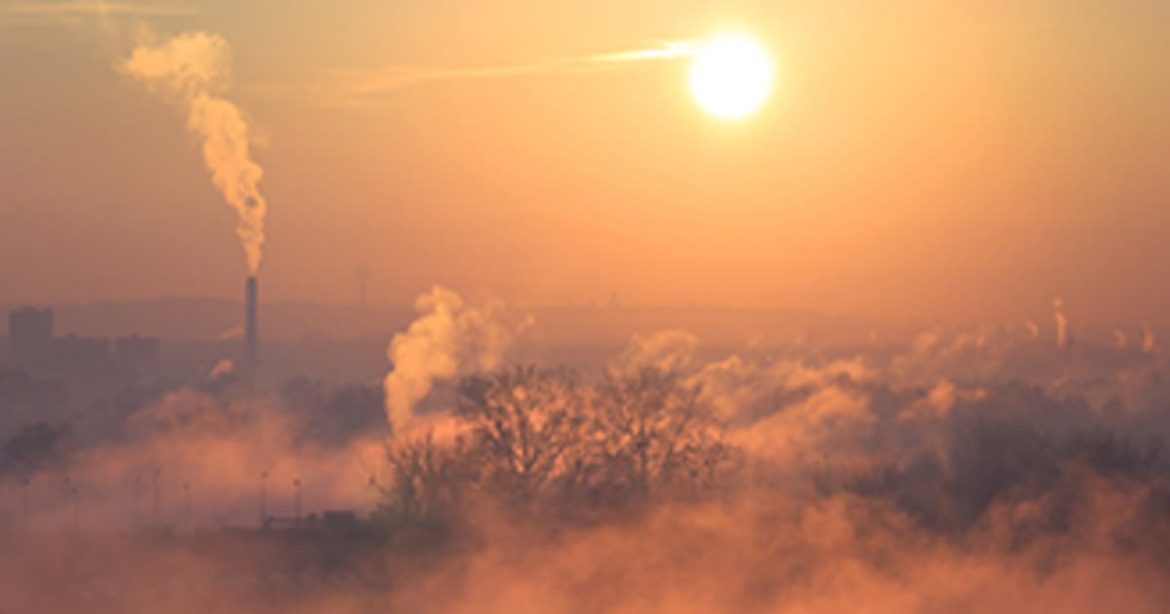New Zealand’s Climate Change Minister James Shaw said on Thursday that the country’s greenhouse gas emissions fell for the second successive year in 2021, proving that “government actions are working”.
Shaw said in a statement that the latest data shows gross emissions declined 0.7% over the 12 months of 2021 to 76.8 million tons, following a 3% plunge in 2020 that was largely due to the COVID-19 pandemic and related curbs.
“It is good to see that government action is starting to reduce our climate emissions. We just need more of it,” he said.
New Zealand is aiming to bring down its greenhouse emissions from 78.8 million tons in 2020 to 56.4 million tons by 2050 which, according to the country’s Environment Ministry, is 13.5% below New Zealand’s emissions in 1990 and 28.4% below emissions in 2020.
Read also: France facing even worse summer drought than 2022
The ministry’s data showed that whilst emissions were down by 1.5% in the agriculture sector and 1.6% in the waste sector, there was a slight increase of 0.3% in the energy sector.
“Net emissions are heavily influenced by planting and harvesting cycles. We are currently experiencing historically high harvest rates in our plantation forests, and because of this, we have a higher proportion of younger forests which grow more slowly and sequester less carbon than older ones,” the ministry said in a separate statement.
Last month, Shaw said the government was pushing for a switch to electric vehicles to “save lives by cutting air pollution.”
“Every year in New Zealand, 2,200 adults die prematurely and 13,200 children suffer from asthma because of air pollution caused by diesel burnt in cars, trucks and buses,” he said.
Story was adapted from AA.
